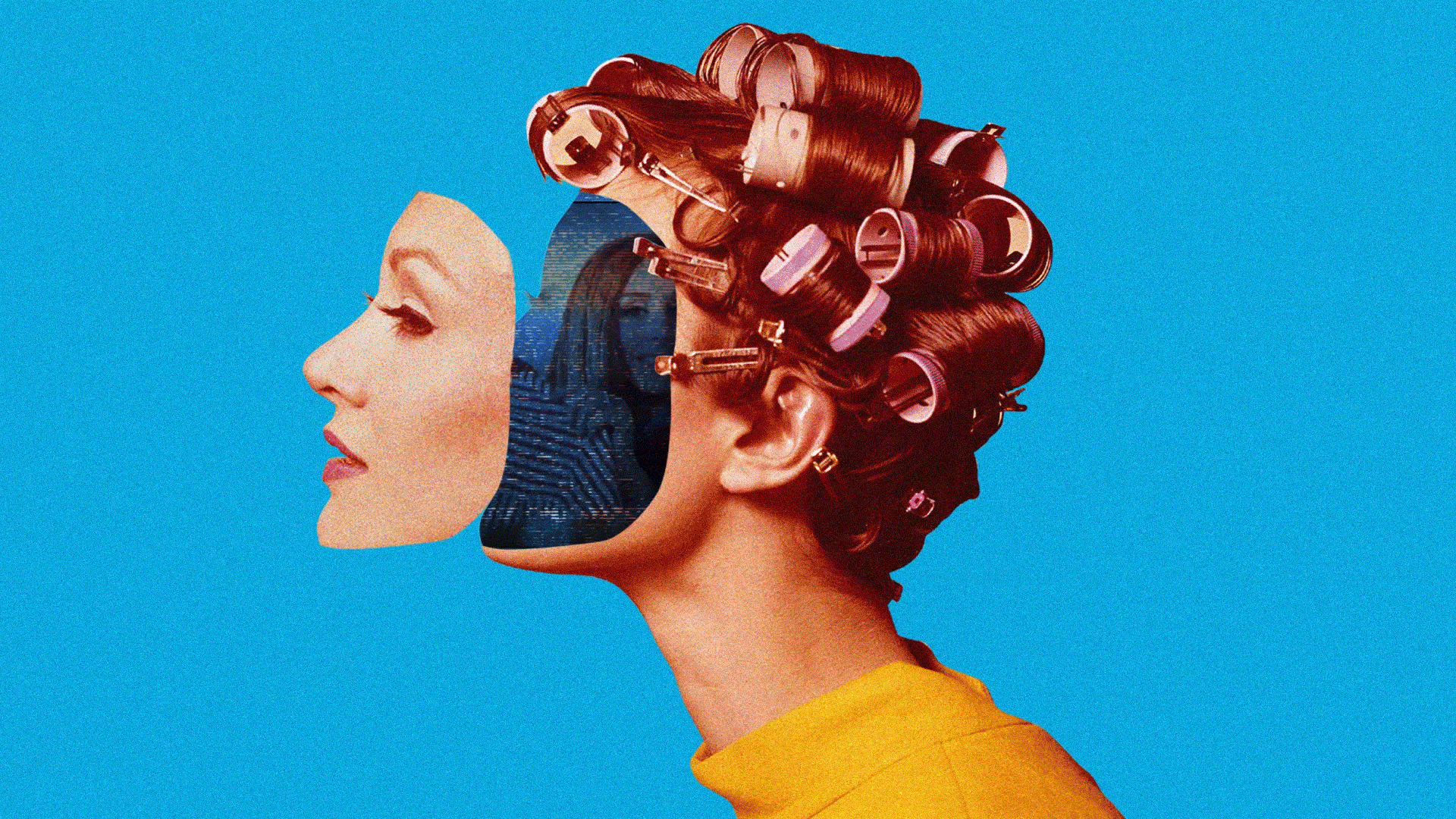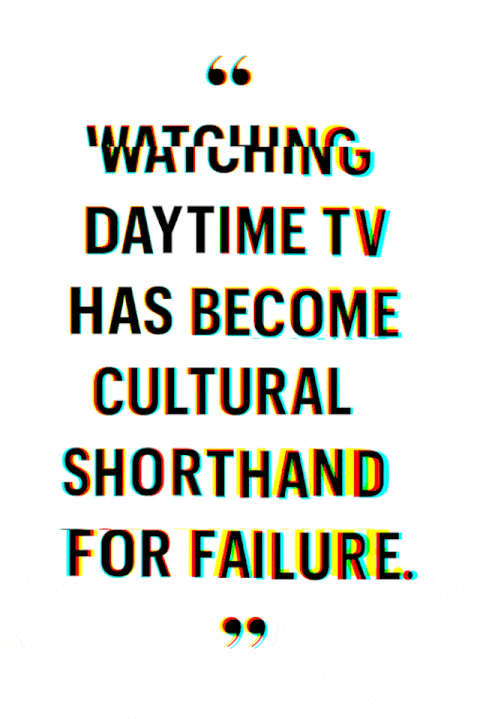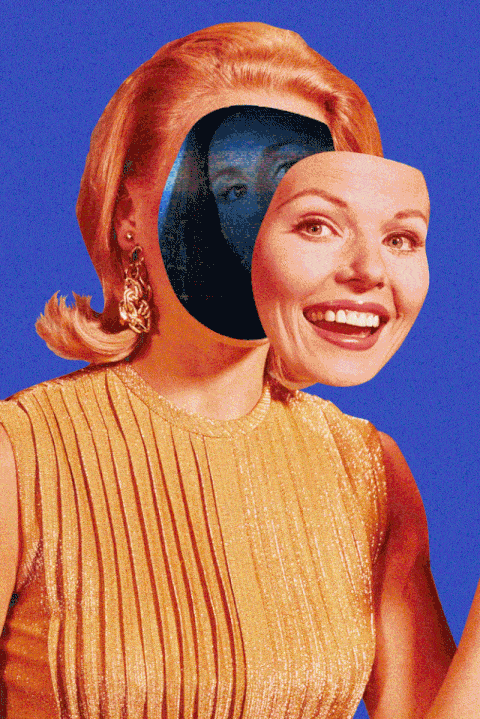The Sexist Stigma of Daytime TV
Why we've been programmed to roll our eyes at television made for housewives.

If you enjoy the occasional soap opera, chances are you'd never admit it. But why? They're fun. They're binge-worthy. They (arguably) stand the test of time.
Like it or not, watching daytime TV has become cultural shorthand for failure. An indication that you're wasting your life away with Judge Judy—no offense to the living legend. But there's a whole wide world of low-production TV out there, and chances are you watch plenty of it (hi, Bachelor). So why is daytime different? One reason: It was made for women—and we've been programmed not to take it seriously as a result.
It all started in the 1950s, when a slate of game shows, soap operas, and talk shows popped up on networks in an effort to target housewives while they're husbands weren't home. The dual purpose of the genre was—and is—to a) reach the most people possible, and b) deliver those people directly to advertisers. In other words, both the programming and advertising of daytime TV were set up to speak to women—more specifically, to housewives looking to buy affordable, practical products. To quote Fordham University Department of Communication & Media Studies professor Gwenyth Jackaway, "It's not an accident that soap operas were named after soap."

In daytime TV's nascent stages, networks strove to come up with the perfect group of shows that would keep women from channel flipping (a practice eventually carried over to primetime, and still in use today). As Dr. Jackaway notes, this "female friendly" content primarily focused on romantic/family relationships and stories with lots of drama but very little action. Like movies in the "chick flick" category, relationship-focused television is seen as lower on the entertainment hierarchy than stories with more action (read: stories for men)—as if the subjects that interest women don't matter, or at the very least don't count as legitimate entertainment.
As society progressed and it started being socially acceptable for women to work, daytime TV adjusted its programming to a new demo: women who clean other people's homes. Daytime programming was no longer meant for a "high class" demographic (side note: welcome to the perfect intersection of sexism and classism), and viewers were conditioned to take it even less seriously than they had before.
Soap operas quickly became a subject of ridicule among other actors, who typically used them as a training ground before moving on to more prestigious roles. Look at the widespread bewilderment over James Franco's 2009-2012 stint on General Hospital. No one could wrap their heads around the fact that a film actor would take a step "backward" into the constantly-mocked world of soaps.

But his stunt served an interesting purpose. "My hope was for people to ask themselves if soap operas are really that far from entertainment that is considered critically legitimate," Franco wrote in the Wall Street Journal. "Whether they did was out of my hands."
Get exclusive access to fashion and beauty trends, hot-off-the-press celebrity news, and more.
Daytime TV finally experienced one of its biggest feminist-forward shakeups in 2006, when Rosie O'Donnell joined The View. This was before women like Melissa Harris Perry, Rachel Maddow, or Joy-Ann Reid were on the political commentary circuit, and before having a feminist viewpoint was "allowed."
"The period of time when Rosie was on The View generated massive backlash, and was in large part because she broke a particular rule that had been unstated but de facto in action: nighttime news (where men are hosts) is where we talk about politics, where we get into debates," says media critic Jennifer Pozner. "Daytime is where we talk about Kardashians and pashminas—not a place where women talk to other women about abortion, or whether the Bush administration's wartime policies were ethical or corrupt."
This shift away from "normal" programming signaled a massive change in the genre, and was a baby step in validating daytime TV as an important platform—or at the very least one that shouldn't be mocked. In fact, most soap operas have been cancelled in favor of lifestyle programs, entertainment news, and panel shows with arguably wider (read: less traditionally female) appeal. And while all of this sounds good (yay, progress!), it remains to be seen if the stigma surrounding something long-associated with women—and cleaning products—will ever truly fade. Until then, daytime remains the television equivalent of chicken soup: not necessarily filling, but a comforting mainstay nonetheless.
